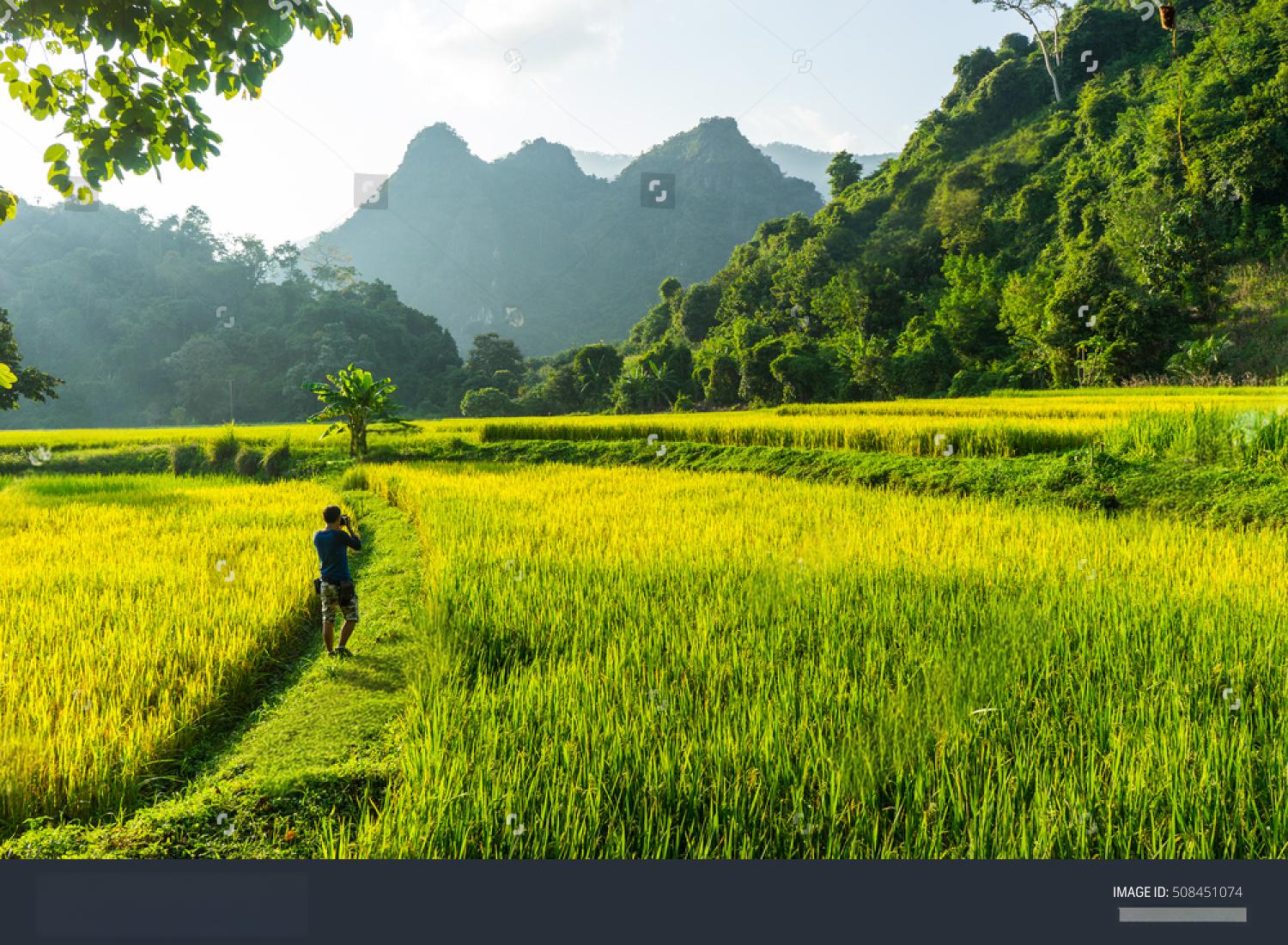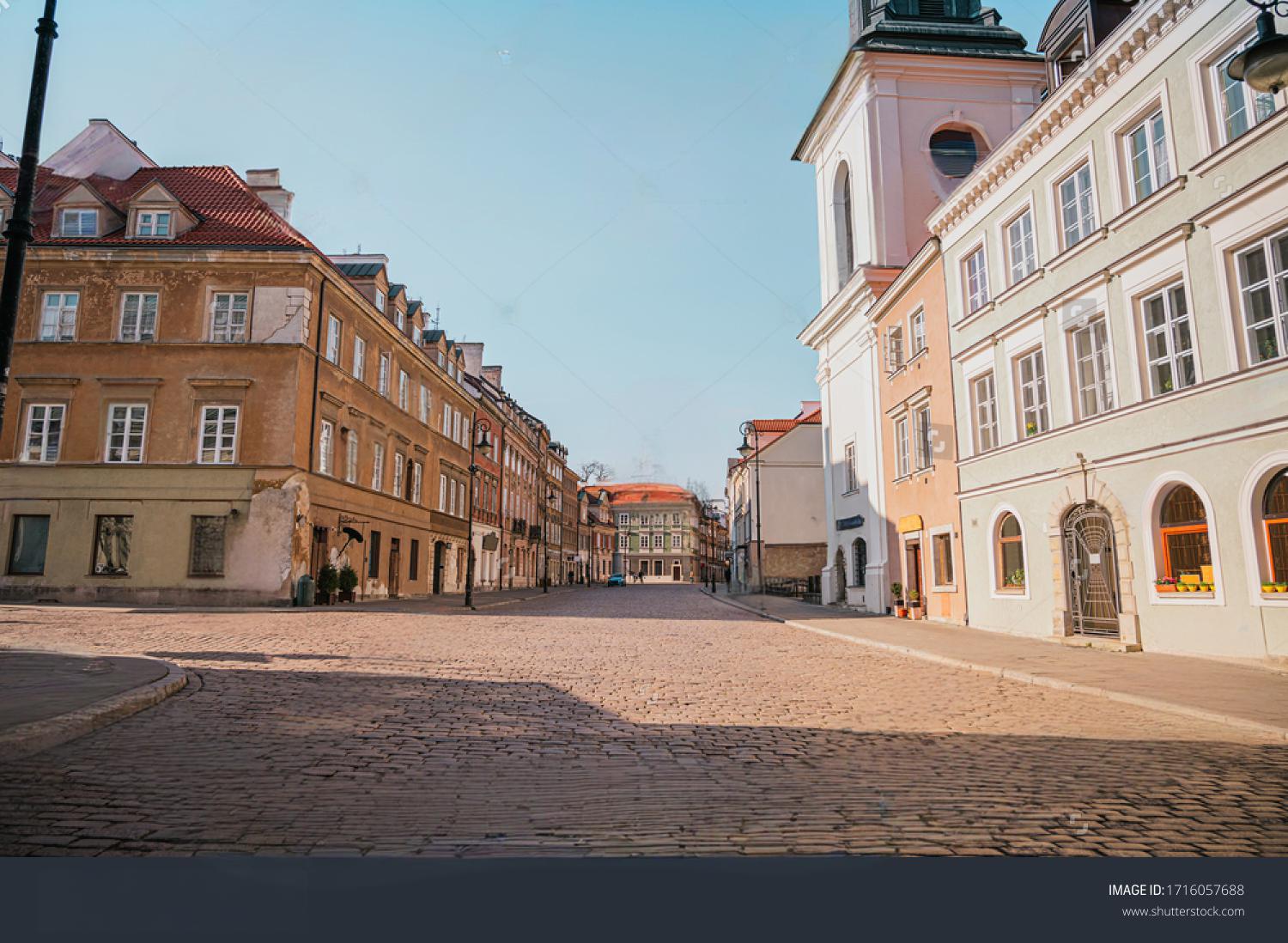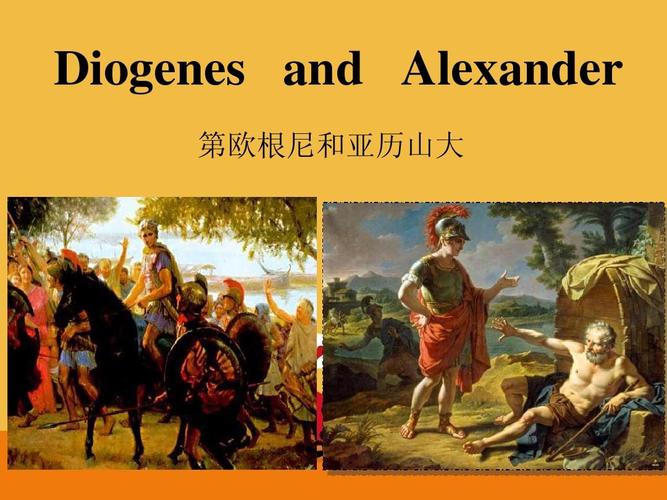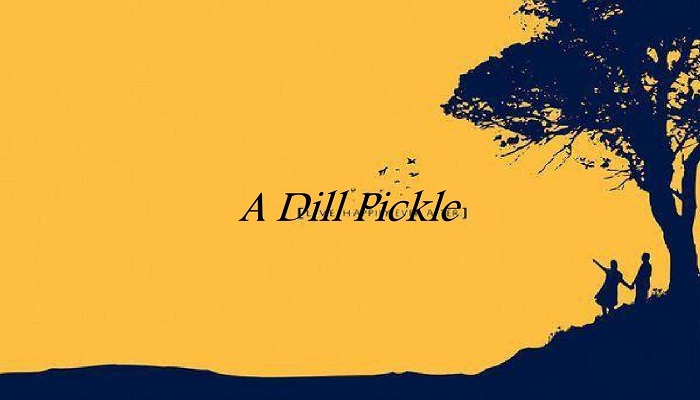Message of the Land
Message of the Land
Pira Sudham
Message of the Land
Pira Sudham

1 Yes, these are our rice fields. They belonged to my parents and forefathers. The land is more than three centuries old. I’m the only daughter in our family, and it was I who stayed with my parents till they died. My three brothers moved out to their wives’ houses when they got married. My husband moved into our house, as is the way with us in Esarn. I was then eighteen and he was nineteen. He gave me six children. Two died in infancy from sickness. The rest, two boys and two girls, went away as soon as we could afford to buy jeans for them. Our oldest son got a job as a gardener in a rich man’s home in Bangkok, but later an employment agency sent him to a foreign land to work. My other son also went far away
2 One of our daughters is working in a textile factory in Bangkok, and the other has a job in a store. They come home to see us now and then, stay a few days, and then they are off again. Often they send some money to us and tell us that they are doing well. I know this is not always true. Sometimes, they get bullied and insulted, and it is like a knife piercing my heart. It’s easier for my husband. He has ears which don’t hear, a mouth which doesn’t speak, and eyes that don’t see. He has always been patient and silent, minding his own life.
3 All of them remain my children in spite of their long absence. Maybe it’s fate that sent them away from us. Our piece of land is small, and it is no longer fertile, bleeding year after year and, like us, getting old and exhausted. Still my husband and I work on this land. The soil is not difficult to till when there is a lot of rain, but in a bad year, it’s not only the ploughs that break, but our hearts, too.
No, we two haven’t changed much, but the village has. In what way? Only ten years ago, you could barter for things, but now it’s all cash. Years ago, you could ask your neighbors to help build your house, reap the rice, or dig a well. Now they’ll do it only if you have money to pay them. Plastic things replace village crafts. Men used to make things with bamboo pieces, but no longer. Plastic bags litter the village. Shops have sprung up, filled with colorful plastic things and goods we have no use for. The young go away to towns and cities leaving us old people to work on the land. They think differently, I know, saying that the old are old-fashioned. All my life, I have never had to go to a hairdresser, or to paint my lips or nails. These rough fingers and toes are for working in the mud of our rice fields, not for looking pretty. Now young girls put on jeans, and look like boys and they think it is fashionable. Why, they are willing to sell their pig or water buffalo just to be able to buy a pair of jeans. In my day, if I were to put on a pair of trousers like they do now, lightning would strike me.
I know, times have changed, but certain things should not change. We should offer food to the monks every day, go to the temple regularly. Young people tend to leave these things to old people now, and that’s a shame.
6 Why, only the other day I heard a boy shout and scream at his mother. If that kind of thing had happened when I was young, the whole village would have condemned such an ungrateful son, and his father would surely have given him a good beating.
7 As for me, I wouldn’t change, couldn’t change even if I wanted to. Am I happy or unhappy? This question has never occurred to me. Life simply goes on. Yes, this bag of bones dressed in rags can still plant and reap rice from morning till dusk. Disease, wounds, hardship, and scarcity have always been part of my life. I don’t complain.
8 The farmer: My wife is wrong. My eyes do see—they see more than they should. My ears do hear—they hear more than is good for me. I don’t talk about what I know because I know too much. I know for example, greed, anger, and lust are the root of all evils.
9 I am at peace with the land and the conditions of my life. But I feel a great pity for my wife. I have been forcing silence upon her all these years, yet she has not once complained of anything.
10 I wanted to have a lot of children and grandchildren around me but now cities and foreign lands have attracted my children away and it seems that none of them will ever come back to live here again. To whom shall I give these rice fields when I die? For hundreds of years this strip of land has belonged to our family. I know every inch of it. My children grew up on it, catching frogs and mud crabs and gathering flowers. Still the land could not tie them down or call them back. When each of them has a pair of jeans, they are off like birds on the wing.
11 Fortunately, my wife is still with me, and both of us are still strong. Wounds heal over time. Sickness comes and goes, and we get back on our feet again. I never want to leave this land. It’s nice to feel the wet earth as my fingers dig into the soil, planting rice, to hear my wife sighing, “Old man, if I die first, I shall become a cloud to protect you from the sun.” It’s good to smell the scent of ripening rice in November. The soft cool breeze moves the sheaves, which ripple and shimmer like waves of gold. Yes, I love this land and I hope one of my children comes back one day to live, and gives me grandchildren so that I can pass on the land’s secret messages to them.








